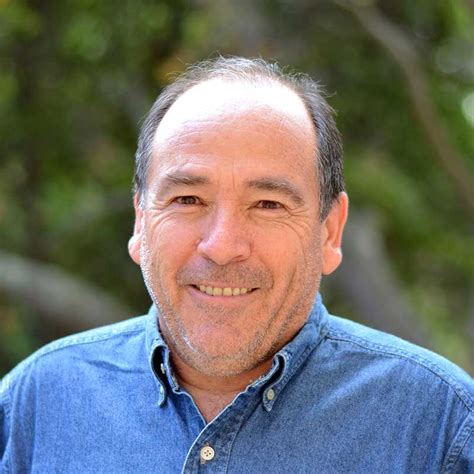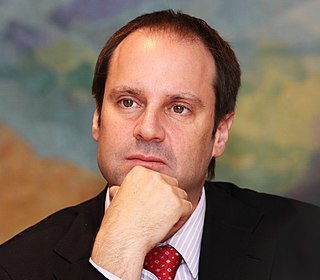A Quote by Geoff Mulgan
All over the world, social innovation is tackling some of the most pressing problems facing society today - from fair trade, distance learning, hospices, urban farming and waste reduction to restorative justice and zero-carbon housing. But most of these are growing despite, not because of, help from governments.
Related Quotes
Setting an aggressive enough carbon-reduction goal will result in an appropriate price for carbon and will help many a renewable technology. Consumer education will help. Most importantly, though, will be the continually declining cost trajectory of the real breakthrough in clean-technology costs driven by research and innovation. In the end, private capital is the real barometer of change.
For all the advances in technology, science and communications, there are signs that we are failing in areas where it matters most: our personal relationships and society in general. The atomisation of society evidenced by the startling increase in recent decades of single person households and the identification of loneliness and isolation as one of our most pressing new social problems, should give us cause for concern.
All over the world, independent and strong civil society - NGOs, faith leaders, and other community advocates - help governments solve problems and better serve their people better by shining a light on the issues that matter most - like education standards, access to healthcare, the rule of law, and economic opportunity.
We must encourage energy conservation and sustainable development. Young people are the ones who are most environmentally conscious in Ireland, so that to some extent they are educating their parents. They are tackling issues of waste disposal and so on. The schools help, because they put a lot of stress on environmental awareness.
The problems in the world today are not political problems, they are not economic problems, and they are not military problems. The problems in the world today are spiritual problems. They have to do with what people believe. They have to do with our most fervently held thoughts and ideas about Life, about God, and most of all, about ourselves, and our very reason for living.
The economic distress of America's inner cities may be the most pressing issue facing the nation. The lack of businesses and jobs in disadvantaged urban areas fuels not only a crushing cycle of poverty but also crippling social problems such as drug abuse and crime… A sustainable economic base can be created in the inner city, but only as it has been created elsewhere: through private, for-profit initiatives and investment based on economic self-interest and genuine competitive advantage.
Almost certainly, the first essential component of social justice is adequate food for all mankind. Food is the moral right of all who are born into this world. Yet today 50 percent of the world’s population goes hungry. Without food, man can live at most but a few weeks; without it, all other components of social justice are meaningless.




































